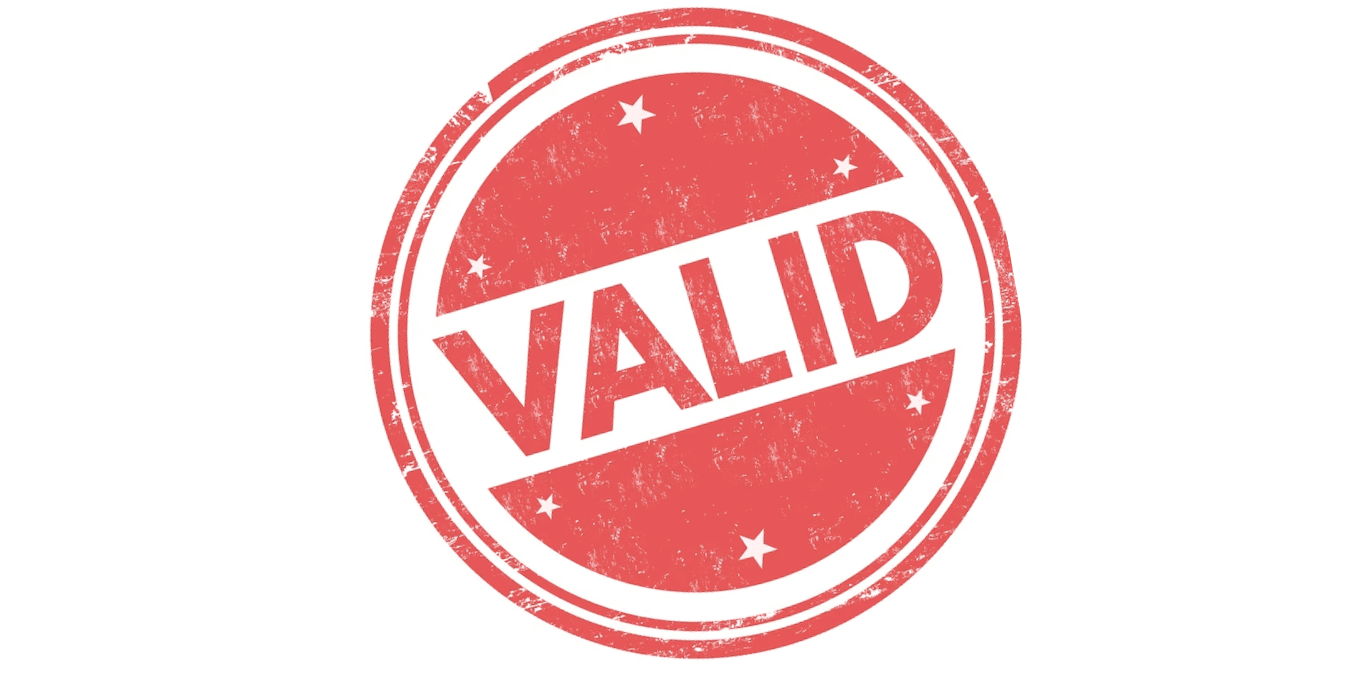Study Medicine in Germany for Indian Students

While it is true that studying MBBS in Germany can provide a high quality of education, it is important to note that the admission process and cost of studying in Germany can be more competitive and expensive compared to other countries.
Additionally, while many medical universities in Germany are recognized by global organizations such as WHO and MCI, it is important to research and ensure that the specific university and program you are interested in is recognized by these organizations.
Furthermore, while the admission process for MBBS in Germany may be relatively straightforward for some students, it can still be competitive and may require a high level of academic performance and proficiency in the German language.
Therefore, before deciding to pursue an MBBS in Germany, it is important to carefully research and consider all aspects of the admission process, eligibility requirements, and costs involved. It may also be beneficial to consult with an education counselor or advisor who can provide guidance and support throughout the process.

Are you planning to Study Medicine in Germany?
If you are interested in studying medicine in Germany, here are the general steps you need to take:
• Check your eligibility: The first step is to check if you meet the eligibility requirements for studying medicine in Germany. Generally, you need to have a high school diploma, good grades in science subjects, and proof of proficiency in German language (usually C1 level).
• Find a university: Germany has many universities that offer medicine courses. You can find a list of these universities on the website of the Foundation for Admission to Higher Education (Stiftung für Hochschulzulassung - uni-assist). It is important to research the universities and choose the one that best fits your needs.
• Apply: Once you have chosen a university, you need to apply for admission. The application process may vary depending on the university, but usually, you need to submit your high school transcripts, proof of language proficiency, and other documents required by the university.
• Entrance exam: In Germany, most medical schools require applicants to take an entrance exam, known as Test for Medical Studies (TMS) or the Natural Sciences and Technology Test (NT). These exams assess your knowledge in science and mathematics.
• Interviews: If you pass the entrance exam, you may be invited for an interview. The interview is a chance for the university to evaluate your motivation and suitability for studying medicine.
• Start studying: If you are accepted into a medical school, you can start studying medicine. The medical degree in Germany usually takes six years to complete, and it includes theoretical and practical training.
It is important to note that studying medicine in Germany can be competitive and challenging, but it can also be very rewarding. Additionally, you may need to consider the cost of studying and living in Germany as an international student.
What is MBBS called in Germany?
MBBS stands for Bachelor of Medicine and Bachelor of Surgery, which is a medical degree awarded to students who complete a medical education program in countries that follow the British model of medical education. In Germany, however, the medical degree is known as "Medizinisches Staatsexamen" (Medical State Examination) and is awarded after completion of the six-year medical program. After passing this exam, students can apply for a medical license and start practicing medicine. The medical program in Germany is structured differently from other countries, and it's important to understand the local terminology and requirements when planning to study medicine in Germany.

Is MBBS in Germany good!
Yes, studying MBBS in Germany is considered a good option for international students for several reasons.
Firstly, the quality of medical education in Germany is excellent, and the country has a reputation for being at the forefront of medical research and innovation. German universities are known for their state-of-the-art facilities, well-trained faculty members, and rigorous academic curriculum, which prepares students well for their future careers in medicine.
Secondly, the medical degree from Germany is recognized worldwide and can open up a range of career opportunities for students after they graduate. Students who complete their medical education in Germany can choose to work in Germany, pursue further education in medicine, or return to their home country to practice medicine after clearing the relevant exams.
Thirdly, as we have discussed earlier, the cost of studying medicine in Germany is relatively low compared to other countries, which makes it an affordable option for many students. Additionally, Germany is known for its high standard of living, quality of life, and opportunities for personal and professional growth, which can be attractive to students who are looking to study medicine abroad.
Can I do MBBS in Germany after 12th?
Yes, it is possible to pursue an MBBS in Germany after completing 12th grade or equivalent. However, the admission process and eligibility requirements may differ from those of other countries.
To be eligible for MBBS in Germany, students must have completed their secondary education with a minimum of 60% marks in subjects such as Physics, Chemistry, and Biology. In addition, students are required to have a good command of the German language as most MBBS programs in Germany are taught in German.
Furthermore, students need to appear for the Assessment Test for Medical Studies (TMS) which is a mandatory exam for non-German students who want to study medicine in Germany. This exam evaluates the knowledge and skills of students in natural sciences, cognitive abilities, and problem-solving skills.
Apart from TMS, some universities in Germany may also require students to clear an additional entrance exam and have relevant work or volunteer experience in the medical field.
It is also important to note that the admission process for MBBS in Germany can be competitive, and the cost of studying and living in Germany can be relatively high compared to other countries.

Best Medical colleges in Germany
Germany has many excellent medical colleges and universities that offer high-quality medical education. Here are some of the best medical colleges in Germany:
- University of Heidelberg Medical School
- Technical University of Munich School of Medicine
- Charité - Universitätsmedizin Berlin
- University of Freiburg Medical School
- Ludwig Maximilian University of Munich Faculty of Medicine
- University of Tübingen Faculty of Medicine
- University of Cologne Faculty of Medicine and University Hospital Cologne
- University of Frankfurt Medical School
- University of Göttingen Medical School
- University of Münster Faculty of Medicine
These universities are well-known for their research and clinical training, and they are highly respected in the medical community.
MCI approved medical colleges in Germany
The Medical Council of India (MCI) is the regulatory body that approves medical colleges and universities for Indian students who wish to study medicine abroad. However, MCI does not directly approve medical colleges in Germany. Instead, the German medical education system is recognized by the Medical Council of India based on an agreement between the two countries.
The German medical education system is highly respected and recognized worldwide, and many Indian students choose to study medicine in Germany. In general, Indian students who graduate from a German medical school are eligible to take the MCI Screening Test and obtain a license to practice medicine in India, as long as they meet other eligibility criteria.
Therefore, students who wish to study medicine in Germany should research and choose a reputable university with a good medical program. They should also check with the MCI to ensure that the university and its medical program are recognized by the council. Some of the universities mentioned earlier, such as University of Heidelberg Medical School and Charité - Universitätsmedizin Berlin, are recognized by the MCI.

Can I study MBBS in Germany without NEET?
No, it's not possible to study MBBS in Germany without NEET. NEET (National Eligibility cum Entrance Test) is a mandatory entrance examination for Indian students who wish to study medicine abroad. The Medical Council of India (MCI) requires Indian students to qualify in NEET to be eligible to study medicine abroad.
Therefore, if you are an Indian student planning to study MBBS in Germany, you must qualify for NEET to be considered for admission. The NEET exam is conducted by the National Testing Agency (NTA) in India and is held once a year. You will need to score the minimum qualifying marks in NEET to be considered for admission to a medical university in Germany. Additionally, you will also need to meet the other eligibility criteria set by the universities, such as language proficiency and academic qualifications.
Germany MBBS Fees for Indian Students
The fees for MBBS or medical courses in Germany vary depending on the university and the state where the university is located. In general, tuition fees for undergraduate courses in Germany are low or even free of charge for both domestic and international students. However, there may be other costs associated with studying in Germany, such as health insurance, accommodation, and living expenses.
Some universities in Germany may charge administrative fees, which can range from 50 to 300 euros per semester. Additionally, students are required to have health insurance, which can cost around 100 euros per month.
It's important to note that fees and costs can vary widely depending on the individual circumstances of the student. Therefore, it's recommended that students research and compare the costs of different universities and programs before making a decision on where to study.

MBBS in Germany in English Language
MBBS in Germany is generally taught in the German language, however, there are some medical universities in Germany that offer MBBS programs in English language. These universities cater to international students who are not fluent in the German language but still wish to pursue medical studies in Germany.
The MBBS program in Germany generally takes six years to complete and is divided into two parts: pre-clinical and clinical. The pre-clinical part of the program focuses on the basic sciences such as anatomy, physiology, biochemistry, and pharmacology. The clinical part of the program focuses on clinical training and practical experience in various medical fields.
Some of the universities in Germany that offer MBBS programs in English language include:
- Charité - Universitätsmedizin Berlin
- Heidelberg University
- Technical University of Munich
- University of Freiburg
- University of Hamburg
- University of Cologne
- University of Bonn
It is important to note that admission to these programs can be competitive and may require a high level of academic performance and proficiency in the English language. Additionally, the cost of studying MBBS in Germany can be higher compared to other countries.

10 difference of studying MBBS in Germany vs India
There are several differences between studying MBBS in Germany and India, some of which are listed below:
- Cost: MBBS in Germany is free of charge in public universities, whereas in India, the cost of medical education is high, and students may have to take out loans or obtain scholarships to finance their education.
- Curriculum: The medical curriculum in Germany is designed to be more research-oriented and is more focused on practical training than in India, where the emphasis is more on theoretical learning.
- Language: The medium of instruction in medical universities in Germany is German, whereas in India, it is usually English. International students may have to undergo language training before they can study in Germany.
- Duration: The duration of the medical program in Germany is six years, whereas in India, it is five and a half years.
- Recognition: The medical degree from Germany is recognized worldwide, whereas Indian medical degrees may not be recognized in all countries.
- Specializations: In Germany, students can choose to specialize in different areas of medicine, such as surgery, oncology, or cardiology, while in India, specializations are usually chosen after completing the MBBS degree.
- Practical training: Practical training is an integral part of the medical education system in Germany and is emphasized more than in India.
- Internship: In Germany, students are required to complete an internship after completing their medical program, whereas in India, an internship is part of the medical curriculum.
- Entrance exams: In Germany, there are no entrance exams for medical education, whereas in India, students have to qualify in entrance exams such as NEET to be eligible for medical education.
- Opportunities for research: Germany is a hub for medical research, and students have access to cutting-edge research facilities and opportunities to work on research projects. In India, research opportunities may be limited in some universities.

Germany MBBS valid in India
Yes, a medical degree from Germany is recognized in India by the Medical Council of India (MCI). However, Indian students who have completed their MBBS in Germany must appear for a screening test conducted by the MCI to obtain a license to practice medicine in India. The screening test is conducted twice a year, in June and December, and tests the knowledge of basic medical concepts and clinical practices. Students who have completed their MBBS in Germany are eligible to take the screening test if they have completed the program in a recognized university and have obtained a medical license in Germany. Once they pass the screening test, they can apply for registration with the MCI and start practicing medicine in India. It's important for students to ensure that the university they plan to attend in Germany is recognized by the MCI to avoid any issues with registration in India.